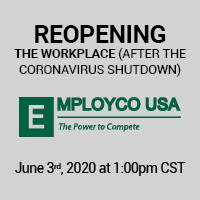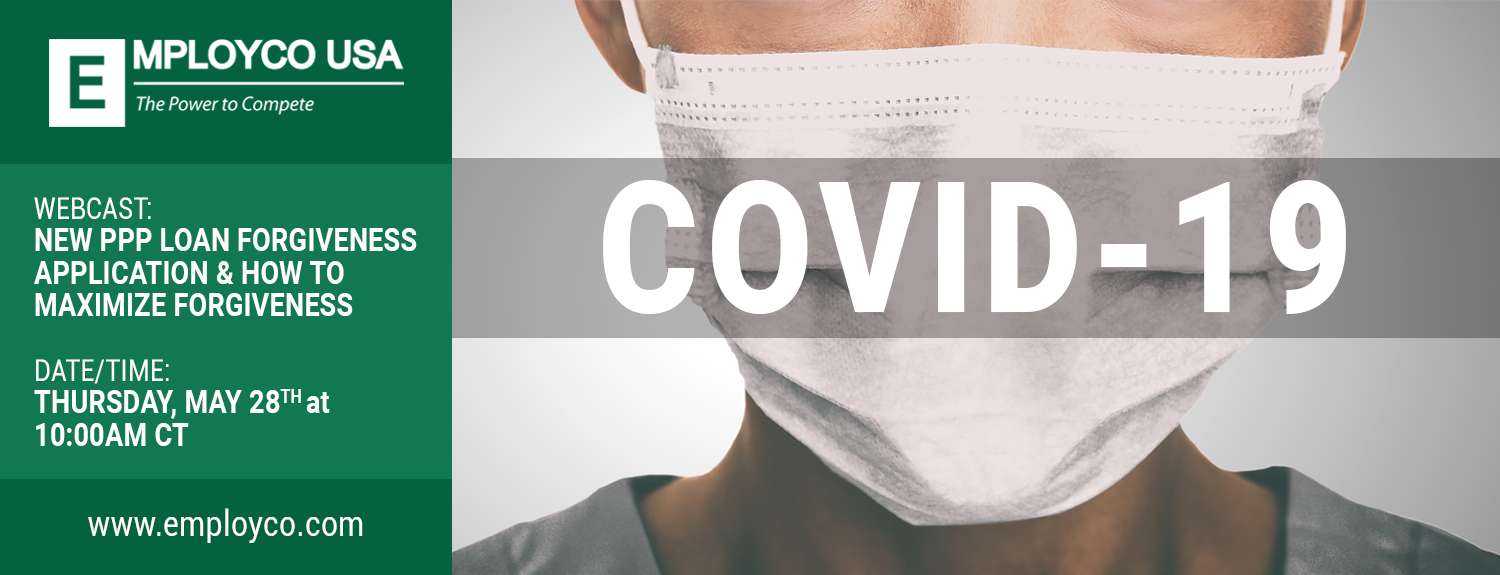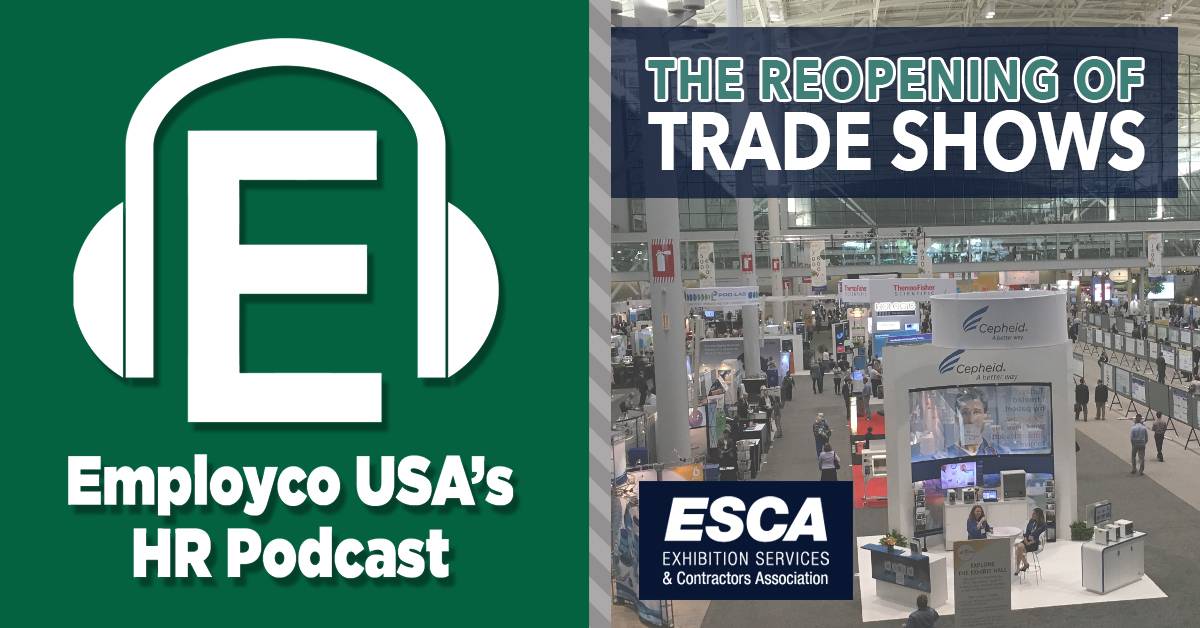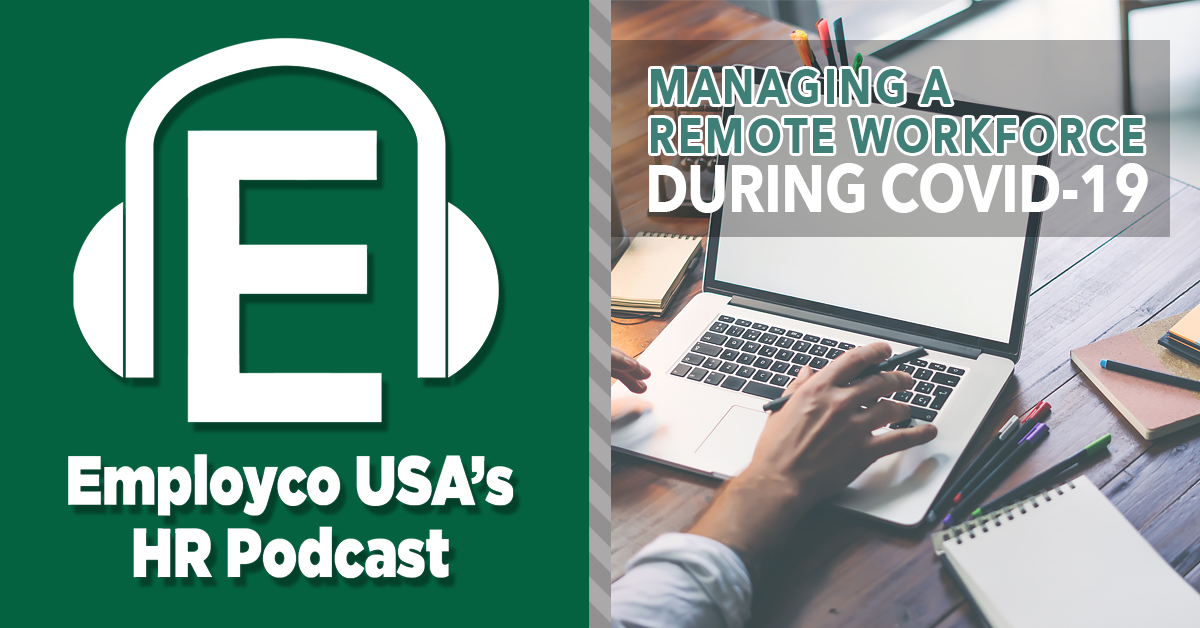Employment trends expert discusses crucial ruling & what employers need to know
 Just in time for Pride Month, the Supreme Court has made the landmark decision to extend new protections to LGBTQIA workers. Today, the Supreme Court made changes to federal civil rights law to include additional protections to gay, lesbian and transgender workers, providing pushback to previous attempts that sought to limit the scope of Title VII of the Civil Rights Act.
Just in time for Pride Month, the Supreme Court has made the landmark decision to extend new protections to LGBTQIA workers. Today, the Supreme Court made changes to federal civil rights law to include additional protections to gay, lesbian and transgender workers, providing pushback to previous attempts that sought to limit the scope of Title VII of the Civil Rights Act.
“The Supreme Court ruling is being celebrated as an important step in creating a more supportive and safer workplace for millions of LGBT Americans,” says Rob Wilson, employment expert and President of Employco USA, an employment solutions firm with locations across the country.
Wilson says the new ruling is important as previous research has shown many employers have both implicit and explicit bias against transgender workers.
“A recent survey led by the DC Office of Human Rights found that 48 percent of employers showed bias against hiring a transgender individual, even if the applicant was more highly qualified than others. And, nearly 90% of transgender individuals report workplace harassment, says Wilson. “And other research has shown that employers and coworkers can be hostile towards gay or lesbian workers.”
 If your reopening is consistent with applicable state and local orders, you might assume that you can flip your ‘closed’ sign around and start embracing our new normal.
If your reopening is consistent with applicable state and local orders, you might assume that you can flip your ‘closed’ sign around and start embracing our new normal. Last week the House passed the Paycheck Protection Program Flexibility Act by 417-1, with the aim of easing strain on small business owners who are being crushed by the coronavirus pandemic and work stoppage.
Last week the House passed the Paycheck Protection Program Flexibility Act by 417-1, with the aim of easing strain on small business owners who are being crushed by the coronavirus pandemic and work stoppage.




 Gov. J.B. Pritzker just unveiled his new reopening plan for the state of Illinois. The projected 5-phase “Illinois Restored” plan was created to help safely reopen businesses in the state without causing an influx of COVID-19 infections. But what does Illinois’s phases reopening mean for employers and their staff, and should we expect similar plans from other lawmakers across the country?
Gov. J.B. Pritzker just unveiled his new reopening plan for the state of Illinois. The projected 5-phase “Illinois Restored” plan was created to help safely reopen businesses in the state without causing an influx of COVID-19 infections. But what does Illinois’s phases reopening mean for employers and their staff, and should we expect similar plans from other lawmakers across the country?
 In 2018, only 24 percent of U.S. workers worked from home on a consistent basis. But, as of last month, 67 percent of employers were taking steps to allow employees to work from home in order to cope with social distancing guidelines. And, as social distancing time frames have been lengthened across the country, employers need to reconsider their new management styles and how to motivate and engage employees who may feel ‘out of sight, out of mind.’
In 2018, only 24 percent of U.S. workers worked from home on a consistent basis. But, as of last month, 67 percent of employers were taking steps to allow employees to work from home in order to cope with social distancing guidelines. And, as social distancing time frames have been lengthened across the country, employers need to reconsider their new management styles and how to motivate and engage employees who may feel ‘out of sight, out of mind.’